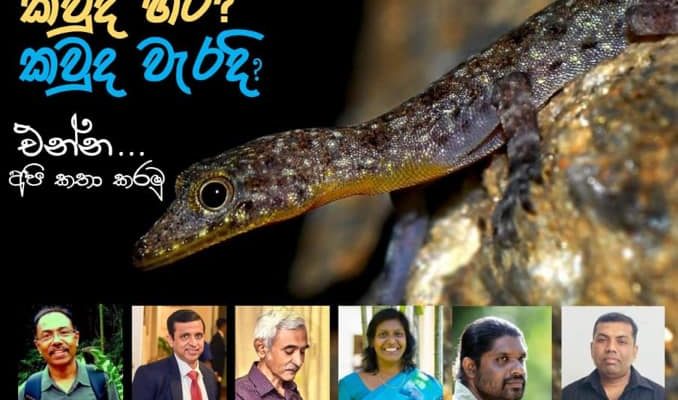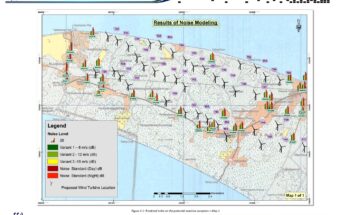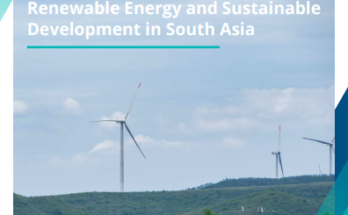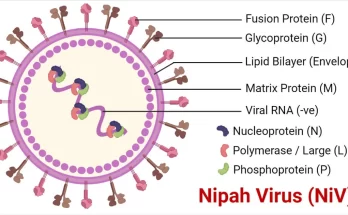The recently surfaced controversy, naming newly discovered 6 endemic day gecko species after national patriots captured a vast public attention in the Sri Lankan community. With the intension to address this issue in a logical and scientific context, the Base for Enthusiasts of Environmental Science and Zoology “BEEZ”, Faculty of science, University of Colombo organized a panel discussion on the topic “Geckos and National Heroes” which was held successfully on 3rd of September at the faculty of Science premises. The panel included expertise from different fields.
- Mr. Jagath Gunawardana – A lawyer and a senior environmentalist.
- Professor Nihal Dayawansa – Professor in department of Zoology and Environmental Science, Faculty of Science, University of Colombo
- Professor K.M. Nalin De Silva – Senior professor in department of Chemistry, Faculty of science, University of Colombo
- Mr. Mendis Wickramasinghe – A well-known Herpatologist
- Dr. Hashendra Katriarachchi – Senior lecturer in department of Plant science, Faculty of Science, University of Colombo
- Dr. M.T. M. Mahees – Senior lecturer in department of Sociology, Faculty of Arts, University of Colombo.

Giving an insight to the discussion Mr. Mendis Wickramasinghe who has discovered and introduced 21 new species to the world, described the basic ethics of naming a new species; organism cannot be named using the researcher’s name itself or a binomial name that already exist. Harsh or inappropriate wordings are not used in scientific naming process. He emphasized the fact that discovery of new species takes long years of research in a scientist’s life and naming a such species after one’s name is such an honor and rare opportunity that only handful of people will receive. Citing his own examples “Pseudophilautus puranappu” and “Aspidurai ravanai” a shrub frog and a serpent named by him after national heroes Veera Puranappu and King Ravana, he stated that such naming will cause neither harm nor disrespect to that personality.
As the second panelist Professor K.M. Nalin De Silva expressed his views on this cause. He highlighted that to develop a country using science and technology 3 main sectors should be empowered as Scientists, Politicians and Media. According to him, eventhough Sri Lanka have plenty of scientists, the understanding and contribution of politicians towards the upliftment of science is unsatisfactory. The fact Sri Lanka lack proper scientific journalism is a root cause for not presenting research finding to the general public in an appropriate manner. “To develop the country with Science and Technology not only scientists but politicians and media too have to contribute and corporate, unless we have keep arguing about this sort of issues in future as well”, he further stated. Dr. Hashendra Katriarachchi joined the discussion as the next panelist and commented on the issue saying that she finds no error in this particular naming process which is done through a legitimate scientific publication. When she was asked, as a Botanist, whether she had encountered this sort of problematic situations due to naming of plants she explained many instances in Sri Lankan history where plant species were named after great botanists to commemorate their service rendered but no such known instances where controversial situations happened. She added up the fact that animals gain more public attention compared to plant species so that social sensitivity is high in the situations related to animals.

Mr. Jagath Gunawardana was the next panelist to carry on the conversation. He commenced his turn of expressing views by briefing the history of binomial nomenclature and international and national instances where animal species were named after certain human names. Citing the example of “Malpulutta kretseri” which was named after the judge “K. V. D. Kretser” at that time by the famous scientist Deraniyagala, he highlighted Kretser’s words of gratitude “I’m always indebted to you for making me immortal”. Mr. Jagath clearly stated that naming an animal species after one’s name is equivalent for immortalizing that name. Therefore, it is not a mere insult but a great deed of honor. Agreeing to what Professor Nalin said, Mr. Jagath insisted that although Sri Lanka had high literacy rates the Science literacy of the people lie in a poor condition. This particular scenario is an eye opener to our current science literacy status and all need to work towards its progress. When presented the question whether is it possible to file a court case based on this particular incident, he explained that in accordance with current Sri Lankan legal framework it is impossible to go for a legal action. Since it is evident that this naming is done without a motive of causing insult which is clearly stated in its scientific paper, legal pursuit will be a folly.
As the next panelist Dr. M.T.M. Mahees directed the conversation towards a social aspect of this issue. He described that there are two sorts of realities; Scientific reality which is universal and static and the social reality that vary with time based on concepts and attitudes of the community. In fact, scientific reality does not always coincide with the social reality and lead to inter conflicts. To resolve this, gap that exist in between need to be bridged.
Professor Nihal Dayawansa expressed his ideas as the last panelist. He shared his personal experiences in naming “Bufo kotagamai” after Professor Emeritus Sarath Kotagama in 1994. He opposed the idea many people bear in mind that animals belonging to amphibian and reptile species are less important and insignificant by highlighting instances where huge developmental projects had to withdraw due to presence of one of these species. He stressed on the fact, “although similar situation has happened in 2015 in naming shrub frog after Veera Puranappu no public concern was created and why is it now”? and requested audience to comment on it. Majority of the ideas indicated the development in the smart technology where many people get the access to social media can be the main reason to cause this widespread concern.

The panel discussion “Geckos and National Heroes” was a very informative and detailed session that provided answers to certain timely concerns. It conveyed a powerful take home message that each one of us have to contribute to uphold science literacy rates of Sri Lanka so that me may not have to encounter this type of issue in the future.
Photo Credits – FOS media




